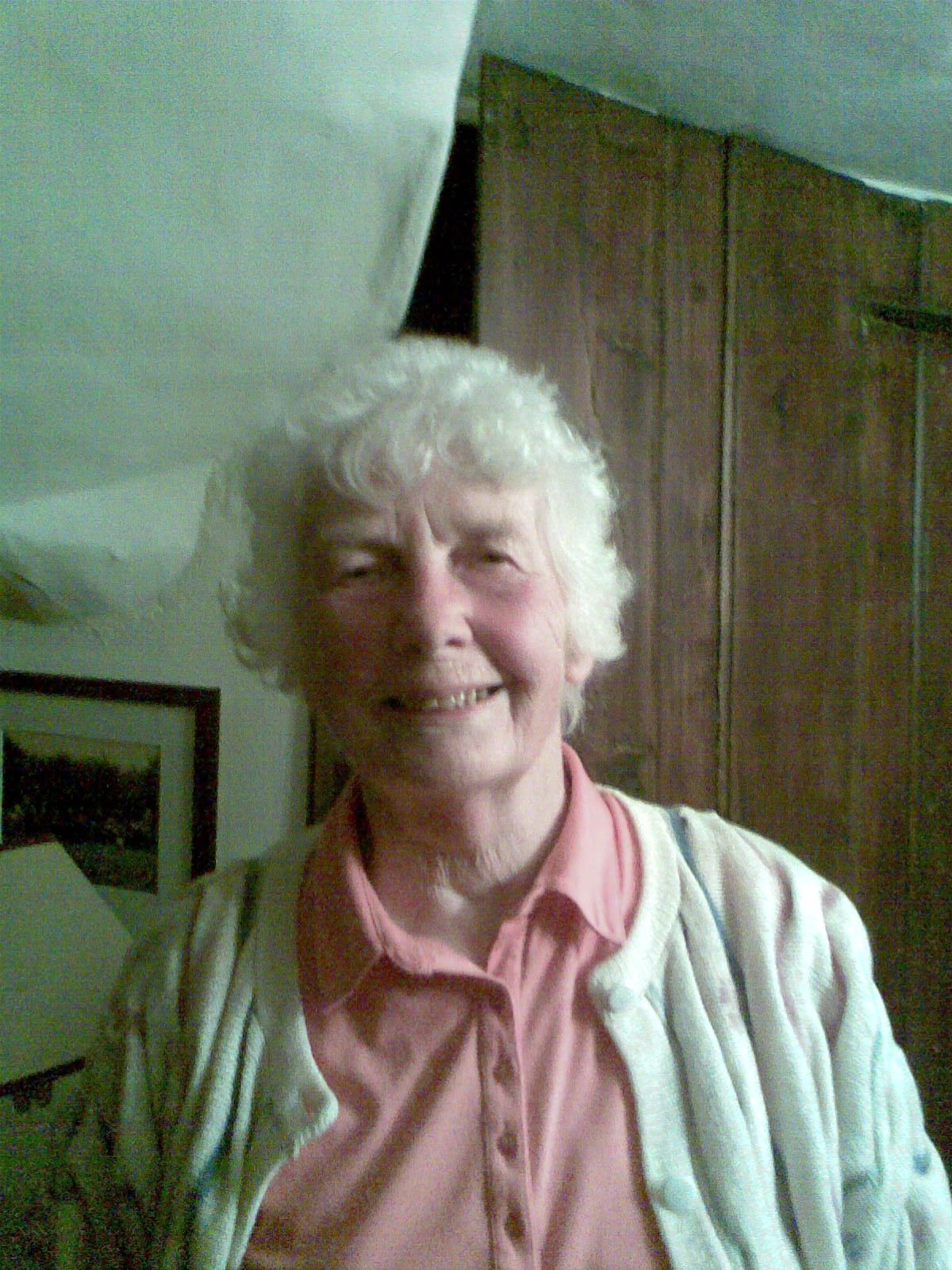 I have been thinking about madness this week. (Not entirely surprising when one works in Higher Education). More specifically about mad words; mad language. There was an amusing exchange on the Mental Health Nursing Facebook page. A student nurse asked about what euphemisms staff used when at work. Some suggestions were PRN (As Required medication) becomes a euphemism for “You’re driving me mad. Have a pill-and be quiet”. “Setting boundaries” is shorthand for “Do as we say.” Whilst “Encouragement given” should be read as “All but forced at gunpoint…” Everyone in the system understands these phrases and their unspoken meaning. It is a shared madness. Each place has its own, local equivalent. Religion is another area that abounds with mad words-particularly the fundamentalist wings, where behaviour and attitudes that are abusive are condoned on the basis of a spurious reading of a particular holy book. (And it is all too often men who hold all the power. We make the correct interpretation of the holy writ. We enforce these interpretations on those whom we make voiceless. Women, children and animals. The cleverest trick of all is to brand as heretics or similar all who try to disagree. Then we can legitimately silence them in any way that we can justify.)
I have been thinking about madness this week. (Not entirely surprising when one works in Higher Education). More specifically about mad words; mad language. There was an amusing exchange on the Mental Health Nursing Facebook page. A student nurse asked about what euphemisms staff used when at work. Some suggestions were PRN (As Required medication) becomes a euphemism for “You’re driving me mad. Have a pill-and be quiet”. “Setting boundaries” is shorthand for “Do as we say.” Whilst “Encouragement given” should be read as “All but forced at gunpoint…” Everyone in the system understands these phrases and their unspoken meaning. It is a shared madness. Each place has its own, local equivalent. Religion is another area that abounds with mad words-particularly the fundamentalist wings, where behaviour and attitudes that are abusive are condoned on the basis of a spurious reading of a particular holy book. (And it is all too often men who hold all the power. We make the correct interpretation of the holy writ. We enforce these interpretations on those whom we make voiceless. Women, children and animals. The cleverest trick of all is to brand as heretics or similar all who try to disagree. Then we can legitimately silence them in any way that we can justify.)
In the field of mental health a similar his dynamic is often cobserved. The Critical Psychiatry Network is one such organisation . (www.critpsynet.freeuk.com/criticalpsychiatry) as is Mad in America (www.madinamerica.com). Both these groups-and many similar-argue that we medicalise “ordinary” distress. That the mental health system imposes its meaning on people’s expression of need, sadness, misery, loss and fear. Rather trying to reach a shared understanding of someone’s behaviour, psychiatry labels it as illness and treats it – mostly with drugs. The parallels between this and religion are disturbing. (I have recently been watching “Spooks” where mad language abounds-particularly with politicians. Presumably Newspeak is the ultimate mad language which would delight Humpty Dumpty.)
The Critical Psychiatrist, David Cooper, wrote “I am not saying that there is a radical need to go mad but that madness is one desperate expression of a radical need for… change’ (The Language of Madness 1960)
The link is to Lucky’s speech in Waiting for Godot, a play I have been fortunate enough to see three times. It was played twice as tragedy, once as near farce. The director’s view of course, shapes any understanding of Lucky’s speech. Is he simply a clown coming out with empty syllables? Is he mad-manic, with clang associations and flight of ideas? Is he a Holy Fool whom we ignore at our peril? Or is he all three and more beside? Our answer will be shaped by our “inner director”. I have always delighted in this speech since being introduced to “Godot” in my Sixth form. It is probably one of the texts that has shaped my clinical practice and how I teach. I have an “internal director” who thinks Clowns, Jesters and all Holy Fools should be given the highest honours society can give them. But that would, of course, be to silence them and destroy them.
Don't give up







